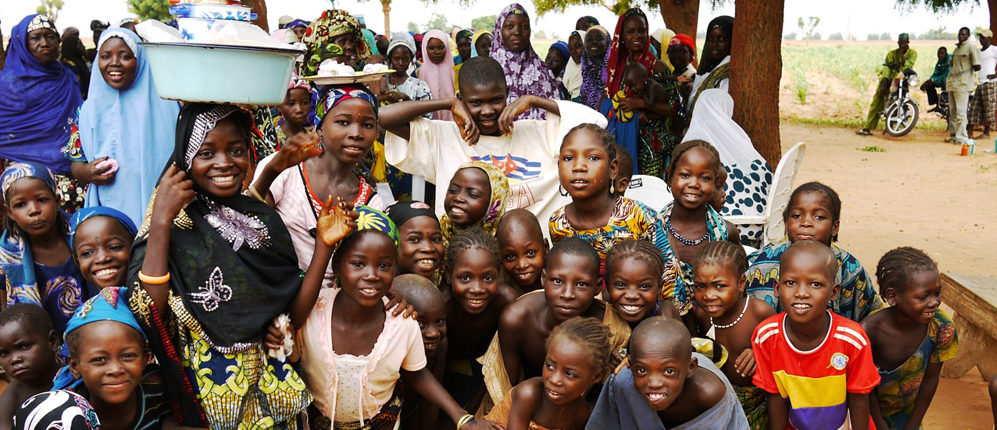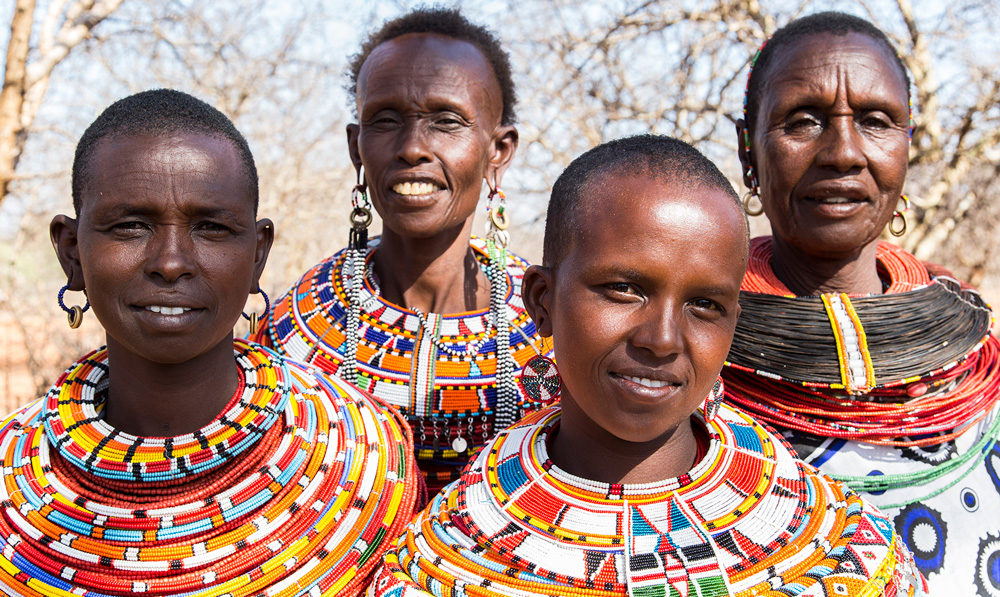We are in the midst of the quest for sustainable development. The ambition to leave no one behind, together with the global political consensus that the challenges we are facing are common and interrelated frame the new development narrative.
However, this inter-connectedness does not always trickle down to the local level.
Kenyan government rolled out KLIP (Kenya Livestock Insurance Programme) to protect pastoralists from the impacts of droughts. The idea is that pastoralists buy the insurance package and get financial support during the dry spells. Sounds good in theory.
In practice, however, pastoralists often don’t have the money to pay for the insurance to begin with. So, it needs to be subsidized. The insurance scheme is also built with the assumption that there is a developed market and infrastructure in the pastoralist drylands – people are supposed to buy vaccines or pay for the extension and veterinary services with the money they get through the insurance, which is not so easy to get in such areas as West Pokot, even if you have the money.
Finally, pastoralist communities have been living with droughts for centuries and learned to get through the dry spells by relying on well-developed social networks.
These networks are not merely a coping mechanism, but social fabric with immense cultural significance. “People trust each other with their livestock and help their friends out without paying for favors with money. It works like ‘if you scratch my back, I scratch yours.’ For instance, when they give their cow to a friend they say ‘Karam’. It is a word that combines the meanings of peace, reconciliation and wellbeing and is a great expression of the amount of social trust embedded in these social networks,” says Julia Wernersson (University of Copenhagen).
She believes KLIP ignores this social order and risks to tear this social fabric by introducing a market-based mechanism. Additionally, KLIP may undermine claims to pastoral lands because, if the risks are absorbed by insurance, the need for the traditional movement with the livestock during dry-spells decreases and may no longer be supported by the government.
While Julia Wernersson thinks that the insurance solution is superficial, she acknowledges that KLIP and the “Karam” tradition can complement each other. However, the insurance has to be re-built on the existing social structures.

